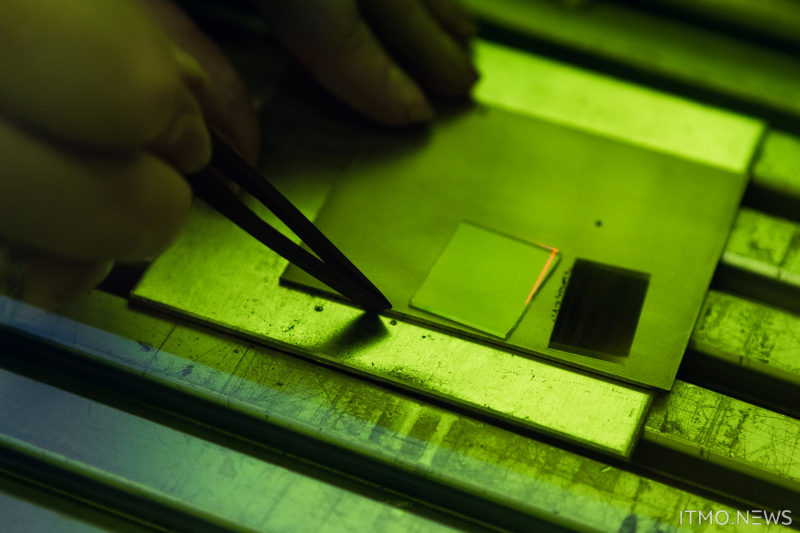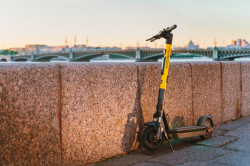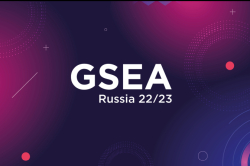The contest, organized by the Foundation for Assistance to Small Innovative Enterprises within the federal project Platform of University Technology Entrepreneurship, is open to Russian students of all levels. To participate, they need to develop a new product, service, or technology based on their own research and introduce it to the market. Their projects should fit into one of the seven fields:
- Digital technologies
- Medicine and health protection technologies
- New materials and chemical technologies
- New devices and intelligent production technologies
- Biotechnologies
- Energy-saving technologies
- Creative industries
Winners in each category receive 1 million rubles (around $16,500) to develop their startup within a year, including registering it as a legal entity, developing a business plan, and launching the project’s website.
As a result of two selection rounds among thousands of participants, eleven ITMO students won with projects in six categories.
Digital technologies
Three projects by ITMO students received the prize in this category. One of them is ForUniver, a smart platform that will help school students prepare for university entrance exams, developed by Roman Gorifyanov, a second-year Master’s student at the Faculty of Digital Transformation. The project combines a technology (a recommendation system) with educational services (courses, webinars, and lectures). For instance, there are courses on competition-level math that place it into the context of other school subjects and enable students to secure tuition-free positions with minimal effort. Using the service, students can create their own individual learning tracks to prepare for entrance exams better.
“These days, the need to prepare for unified state tests at the end of grades nine and eleven makes the learning process in the last few years of school rather trite and linear, while my project will allow each student to build their own learning track starting from eighth grade. By learning with the platform’s courses, they will ensure their chances of studying tuition-free and will thus have the chance to spend their time in high school more efficiently. For instance, they can look for opportunities and plan their learning path for university,” explains Roman.
Two other winning projects are a mobile app with VR quests developed by Gleb Novikov, a fourth-year Bachelor’s student at the Faculty of Infocommunication Technologies, and a neural network-based client-server system for parking space identification created by Maksim Zykin, a PhD student at the Faculty of Secure Information Technologies.
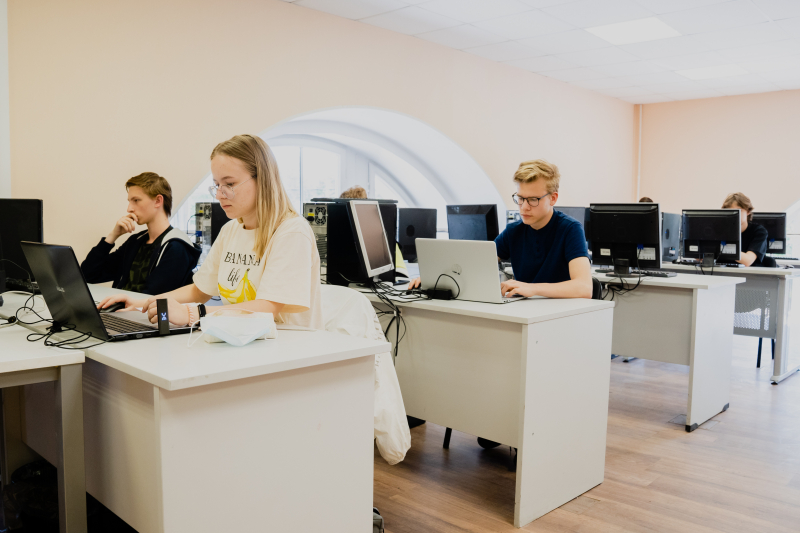
ITMO's summer school in competitive programming. Photo by Dmitry Grigoryev, ITMO.NEWS
Medicine and health protection technologies
Alexander Semiletov, a first-year Master’s student at the Faculty of Digital Transformation, is developing a diagnostics system that will detect lung, heart, and bone diseases in X-ray scans.
“The number of X-ray machines is growing every year, but there is still a lack of clinicians who can work with them. That’s why we are suggesting a cloud- and AI-based solution for radiologists in the form of a convenient platform for X-ray image analysis that highlights the areas that require attention. It will also compile a description and medical report on the image, which will optimize its analysis and make it possible to reduce the human factor. The platform will work as a standalone product, as well as integrated into other medical systems. We have already developed an MVP and are now polishing the platform to make it ready to use at medical institutions. We will use the most of our grant on data labeling, which will allow us to improve the AI’s performance and scale our solution,” adds Alexander.
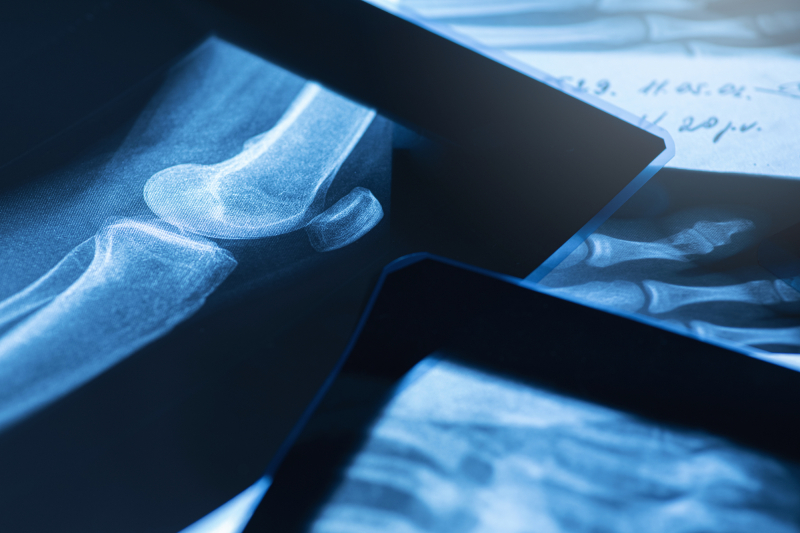
Credit: photogenica.ru
New materials and chemical technologies
Ekaterina Avilova, a first-year PhD student at the Institute of Laser Technologies is continuing work on her project, which involves printing copper micropatterns using deep eutectic solvents – she creates microchips and their elements on various dielectric surfaces, such as glass, glass fiber, polyimide, and fluoroplastics. In the future, such chips can be used in chemical sensors, flexible electronics, and RFID tags with complex unique patterns.
A first-year PhD student at the ChemBio Cluster and head of SCAMT Startup Factory, Alexander Ulesov is developing high-sensitivity sensors to control the contents of peroxides and in particular hydrogen peroxide. As there are state standards on various toxic agents (they can act as preserving agents) in food, it is important to control for the amounts of remaining peroxides in products. The same is applicable for some biotech, pharmaceutical, and chemical productions, where excessive peroxides can not only result in toxic final products but also cause damage to production equipment.
“Our sensor is much more sensitive than its competitors and can control the concentration of hydrogen peroxide in a wide range of values. In other words, we can use the same sensor in different production stages. The test itself can come in different formats, for instance, as test strips with high sensitivity or more large-scale solutions. Thanks to this technology, it will be possible to continuously control for hydrogen peroxide in a great number of samples on production lines, medical devices, or in clinical tests. With the grant we’ve received, we will develop the first batch of tests, conduct trials and acquire certification for pre-production,” shares Alexander.
New devices and intelligent production technologies
One of the two projects to win in this category was a virtual quality control system for assembly of marine technologies developed by Vladimir Balashov, a fourth-year student at the Institute of Laser Technologies.
Daniil Abrashin, a PhD student at the Faculty of Infocommunication Technologies, is planning to continue working on his project Cold Energy, which aims to create a server cooling system. It will transform part of the heat energy into electricity that can then be used again. This will make it possible to cut down on the service costs to work stations and will help substitute foreign-made cooling systems that have left the Russian market. In the future, Daniil is planning to use his project to develop sensors and climate control systems for smart homes.
“My device is based on nanocomposites (stibium and bismuth tellurides) with fullerene, which I had analyzed within an earlier project. They make it possible to increase a cooler’s efficiency within a small temperature range without a significant increase to its production costs. I am planning to use the grant to develop an MVP. By the end of next year, I have to decide on thermoelectric materials, prepare the engineering documents, and present the final products. As per the grant’s conditions, I will also have to launch my own small innovative enterprise to distribute and develop the product. In the future, I am planning to continue collaborating with the Foundation for Assistance to Small Innovative Enterprises within their other projects,” says Daniil.
Biotechnologies
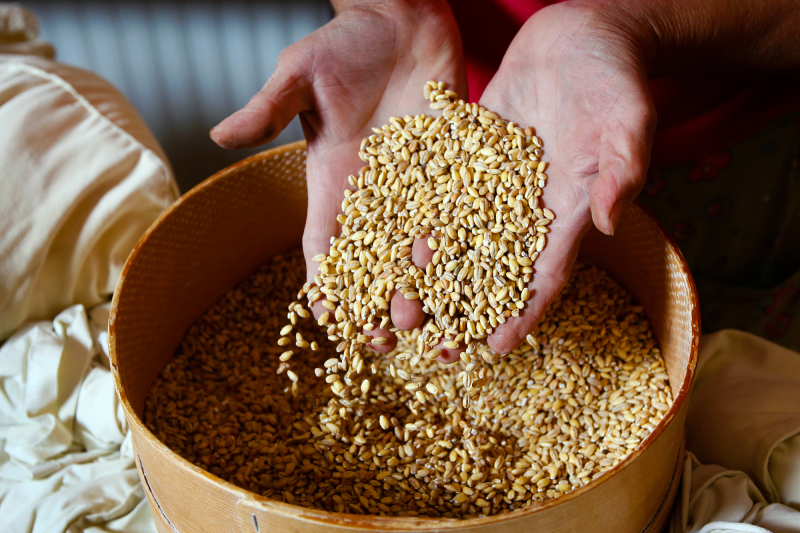
Credit: photogenica.ru
Maria Spiridonova, a second-year Master’s student at the ChemBio Cluster and deputy head of SCAMT Startup Factory, also won the grant to support her startup. She decided to start with tests that will determine the presence of gluten and soy in grains, as these elements have a significant negative impact on product quality and, consequently, on the profits of agriculture companies.
“Many countries have their own specific requirements for imported grains, one of them is the threshold of gluten and soy contents. If this threshold is exceeded, the grain is put in a lower category with a consequent decrease in its value. We have already developed a basic technology for a test system in two variations that will be able to detect each substance with a higher precision. In the future, we are planning to register our company so that we can join Skolkovo or Sirius as residents and develop the research basis of the product. We will also continue collaborating with the agriculture industry with plans to enter other fields, such as animal farming and medicine, in the future,” says Maria.
Creative industries
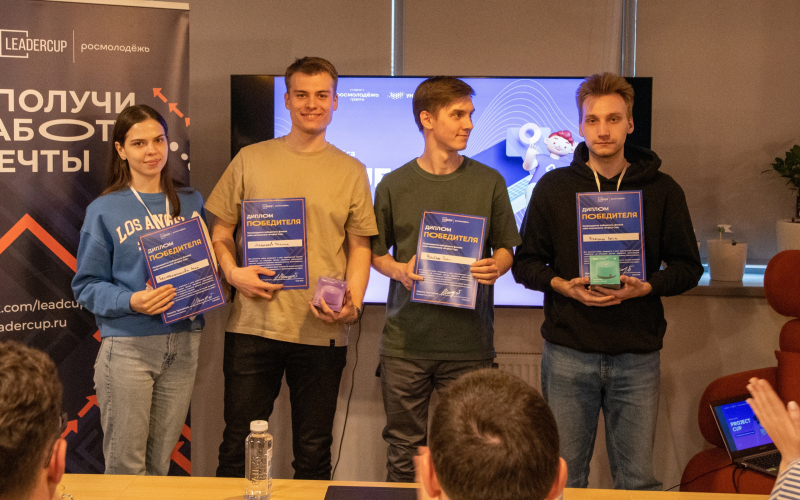
Nikita Melnikov (second on the left) with his team at LeaderCup. Photo courtesy of the subject
One of the two projects selected in this category was Artem Markelov’s Johann, a digital creator and arranger of musical pieces that relies on machine learning to assist composers. The second project, created by Nikita Melnikov, a second-year Master’s student at the Faculty of Technological Management and Innovations, is a platform that helps users find and purchase customized clothes and shoes.
“If you want to customize something, you are often forced to look for a creator among many different social media profiles and links – there is no specialized platform where you’d be able to compare them and choose the best-fitting candidate. Moreover, the designers themselves don’t appreciate the working conditions and functionality of existing platforms, where there is no way to make the transaction secure for both parties. We addressed these problems in Ucustom, a marketplace that would allow designers to concentrate on their creativity and customization by assisting them with business tasks. For customers, the marketplace will be a convenient tool where they will see information about the designer and not just their products. The project is currently at the pre-seed stage, having completed the Archipelag-2022 acceleration program. Thanks to our victory in this contest, we will be able to register our LLC and connect the necessary infrastructure to develop and test an MVP. After that, we will attract investments in order to welcome new members to our team,” shares Nikita.
